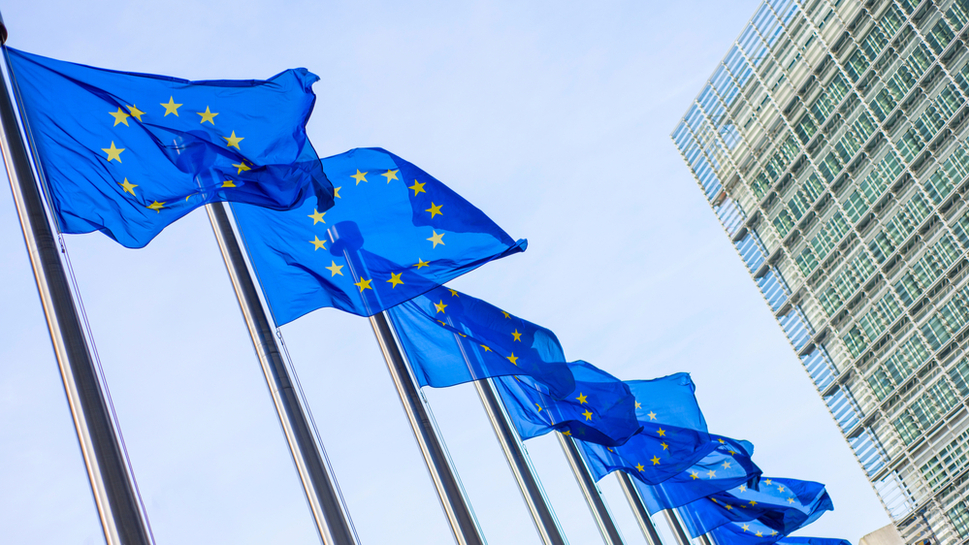EU nations disagree over plans for more WhatsApp, Skype regulation
OTT players aren't subject to same privacy requirements as traditonal telcos

Sign up for breaking news, reviews, opinion, top tech deals, and more.
You are now subscribed
Your newsletter sign-up was successful
Plans by the EU to impose additional privacy obligations on tech firms that offer communications services have been derailed by disagreements among member states.
The process was launched two years ago amid concerns that applications such as WhatsApp and Skype are not subject to the same rules as traditional mobile and broadband operators, despite the fact that users make and receive calls and send messages. This includes requirements to make data available to law enforcement agencies.
Indeed, the German communications regulator has previously said the lines between over the top (OTT) and traditional call and text applications have become blurred to the point that many consumers might not notice the difference.
- Germany wants more OTT regulation
- Can operators compete with OTTs in advertising?
- How can operators look beyond traditional revenue streams?
EU privacy laws
A meeting of EU Ambassadors last week hoped to establish a consensus among European nations. However Reuters reports there were disagreements on a range of issues. These include tracking cookies, the detection and deletion of Chinese pornography, and consent requirements.
This resulted in a rejection of the EU Council’s position on a draft ePrivacy Regulation and it is unclear what the next step is.
Technology companies will be happy with the news, believing the proposals to be too restrictive, but others will be frustrated.
For years, the telecoms industry has complained about OTT players encroaching on their territory, yet not being subject to the same stringent regulations that operators are. Telcos argue that this results in an uneven playing field at a time when intense competition and shrinking traditional revenues are affecting balance sheets.
Sign up to the TechRadar Pro newsletter to get all the top news, opinion, features and guidance your business needs to succeed!
Monthly spend on mobile services is decreasing in many countries, while the number of instant messages have fallen dramatically as users flock to chat applications.
Pro-privacy campaigners will also be hoping for a revival of the legislation.
“In this era of disinformation and privacy scandals, refusing to ensure strong privacy protections in the ePrivacy Regulation is a step backwards for the EU,” said Diego Naranjo, Head of Policy at European Digital Rights (EDRi). “By first watering down the text and now halting the ePrivacy Regulation, the Council takes a stance to protect the interests of online tracking advertisers and to ensure the dominance of big tech. We hope the European Commission will stand on the side of citizens by defending the proposal and asking the Council to ensure a strong revised text soon in 2020.”
- Our pick of the best broadband deals of 2019
Via Reuters
Steve McCaskill is TechRadar Pro's resident mobile industry expert, covering all aspects of the UK and global news, from operators to service providers and everything in between. He is a former editor of Silicon UK and journalist with over a decade's experience in the technology industry, writing about technology, in particular, telecoms, mobile and sports tech, sports, video games and media.